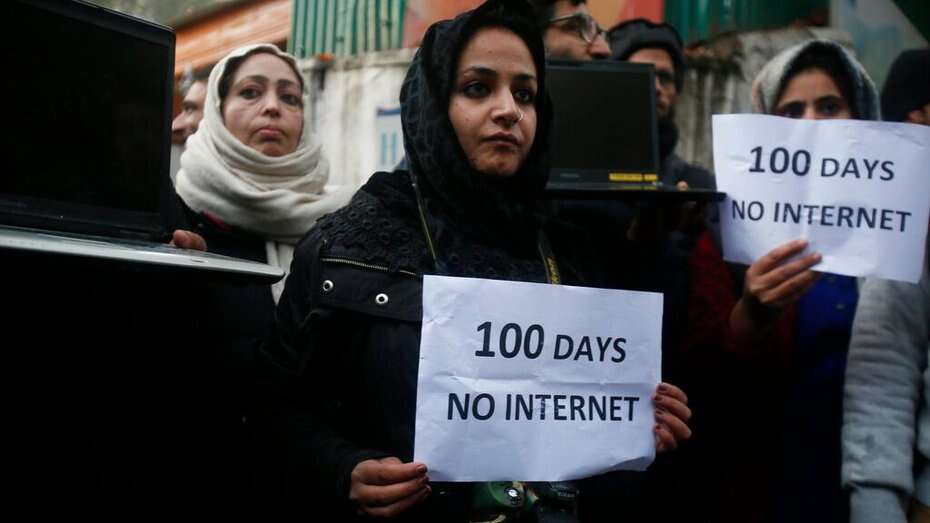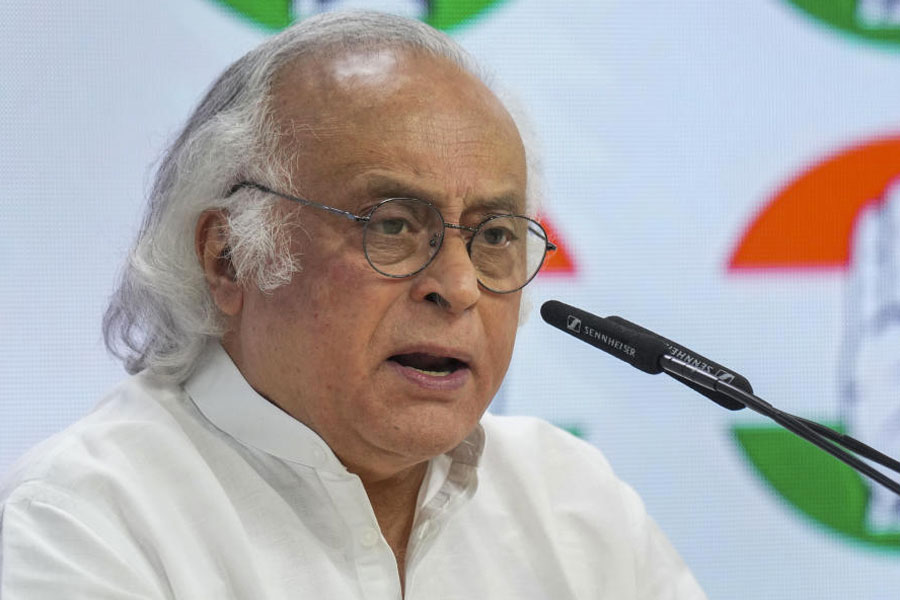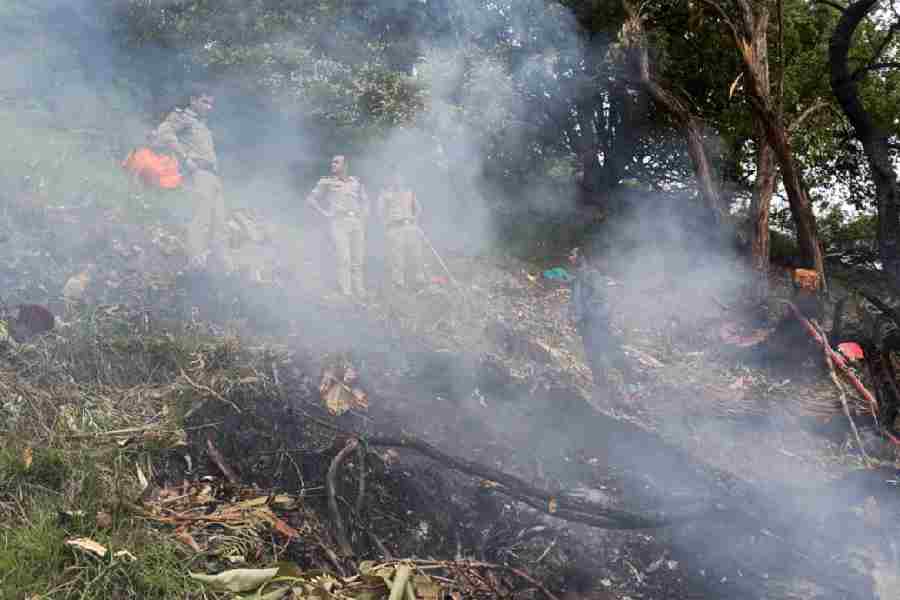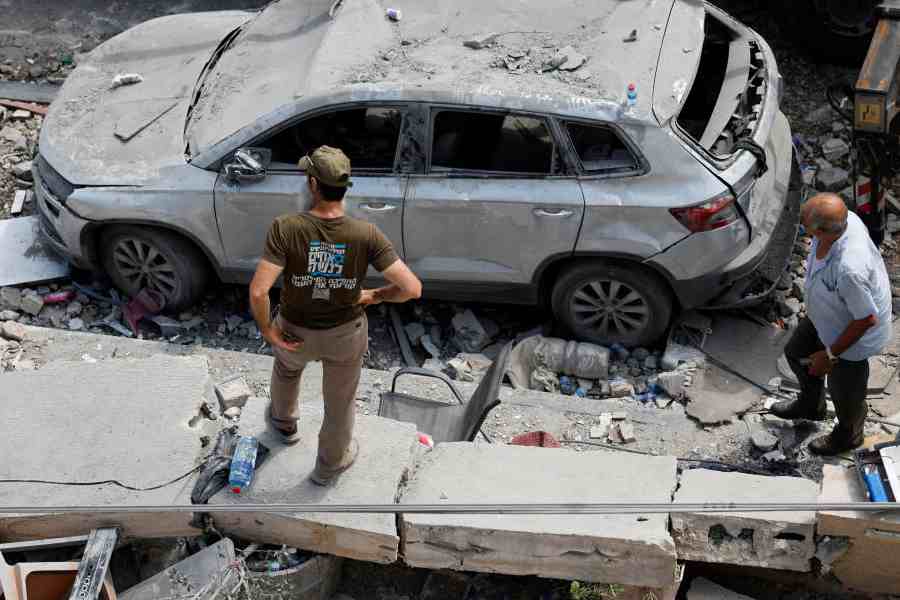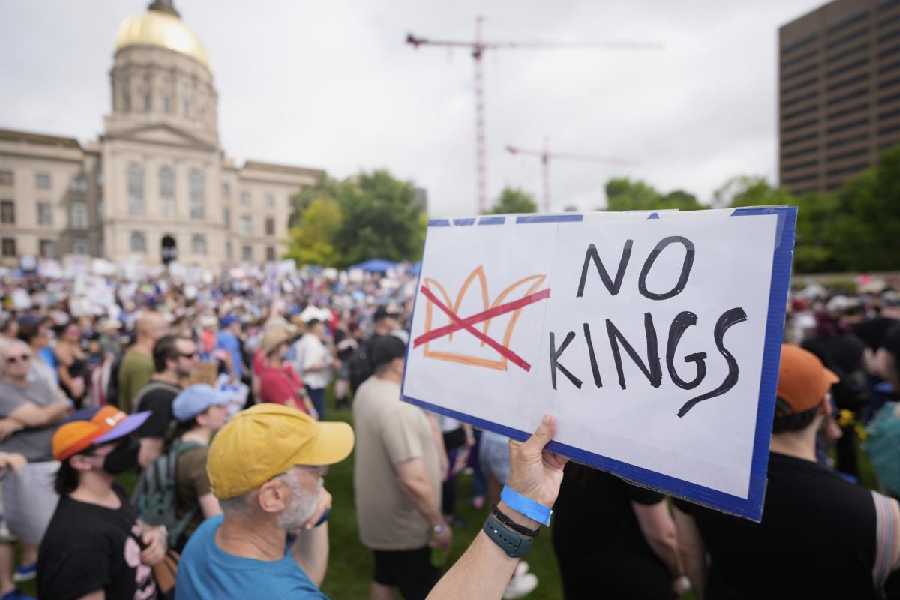At first reading, the recent judgment by the Supreme Court on the call by Anuradha Bhasin, the editor of Kashmir Times, who demanded the restoration of the internet in Jammu and Kashmir and inter alia of press freedom, appears to be, in part, an affirmation of the right to internet and media freedom.
The three-member bench laid down, in considerable detail, the approach to guide the assessment of the proportionality of governmental action while imposing restrictions on constitutionally guaranteed fundamental rights, such as the freedom of speech and expression, on grounds of national security.
Yet, in our view, the court stopped short of making it a ringing (and stinging) ruling by giving the government a window to review. The Centre then went on to reassert its view that the time was not ripe for such openness. In addition, the judgment did not apply the very test of proportionality that it spoke of so eloquently to the blanket curbs imposed in Jammu and Kashmir since its constitutional status was changed in August 2019.
Indeed, the latter was the main prayer with which the petitioner had approached the court. Interestingly, the court did not admonish the administration for failing to produce all orders imposing blanket bans across Jammu and Kashmir despite repeated demands. Bhasin argued that the blackout was a “direct and grave violation of the people’s right to know about the decisions that will impact them”, denied public access to parliamentary debates and the prime ministerial address on the issues critical to the future of people in Kashmir, and was “wholly excessive and unconstitutional”. She contended that the fact that the order placing the restrictions was not made available in the public domain, and had not been widely published and circulated, made it illegal and an abuse of State power.
India is a signatory to the International Covenant on Civil and Political Rights, which recognizes “right to know” as an inalienable human right. Bhasin argued that the communications shutdown disabled reporters from giving news inputs for print; the action of the State amounted to trampling over press freedom and is “arbitrary, unreasonable, and constitutes an abuse of State power”. The blockade had caused financial and opportunity loss for the Kashmir Times could not be published.
The local administration appears to disregard the highest court’s ruling on imposing blanket curbs on people’s access to the internet in Jammu and Kashmir. This is seen in the Kashmir Press Club’s demand for immediate restoration of internet access to media houses and journalists without discrimination. Journalists are forced to give an undertaking that they will provide access to their professional files — violating the right to privacy — to the police and other government agencies and the latter seek it as a precondition for restoring internet access.
The average Kashmiri has to make to do with internet access restricted to 153 government-approved sites at 2G speeds. (No news site, channel or YouTube is accessible.) The apex court’s bestowal of constitutional protection to free speech and expression, freedom of the press and the freedom to practice any profession or carry out any trade, business or occupation over the internet, seems stuck on the very paper of that judgment.
The court’s ruling on Kashmir came on the back of the Gauhati High Court’s quashing of the internet blackout that the local administration had imposed across Assam after protests broke out over the Citizenship (Amendment) Act. The high court found that the blackout was without sufficient cause. We regard this difference in approach as perhaps responsible for the seeming impunity with which the administration continues to control freedom of expression in Jammu and Kashmir.
Even more perplexing is the apex court’s acceptance of the Centre’s justification of terrorism-insurgency for its blanket ban on internet access. It is not as if militant groups suddenly emerged to pose a critical threat to national security around the time the legislation to downgrade the status of Jammu and Kashmir was introduced in Parliament. Militancy has ebbed and flowed since 1989. The disinclination of the court to make a connection between the change of status and the imposition of the communication blackout is surprising.
It also left unanswered the question of whether access to the internet itself was a constitutionally guaranteed fundamental right. The 2011 report of the United Nations special rapporteur on free speech calls upon member states to ensure people’s access to internet at all times, including times of political or social unrest.
The special rapporteur found the use of blocking technologies frequently used by States to be violative of their obligation to guarantee the right to free speech and expression under the ICCPR to which India acceded in 1979. Therefore, it is duty- bound to ensure its implementation across the country, including Jammu and Kashmir.
Another crucial element missing in the arguments on the blanket ban on internet access was the very basis of the internet as an enabler of the freedom of the press. Peoples’ right to know what governments do in their name is the foundation stone in a functional democracy, which is strengthened by the freedom of the press.
This question of law has been kept open for another judicial challenge of State actions restricting fundamental freedoms.
Although the Supreme Court’s ruling falls short of several expectations, there remains some hope: its guidelines require the publication of all ban orders for the people’s knowledge. There is a duty placed on the administration to conduct a weekly review of such bans so long as they are in force.
Civil society must use the Right to Information Act to demand details of all such decision-making processes.

